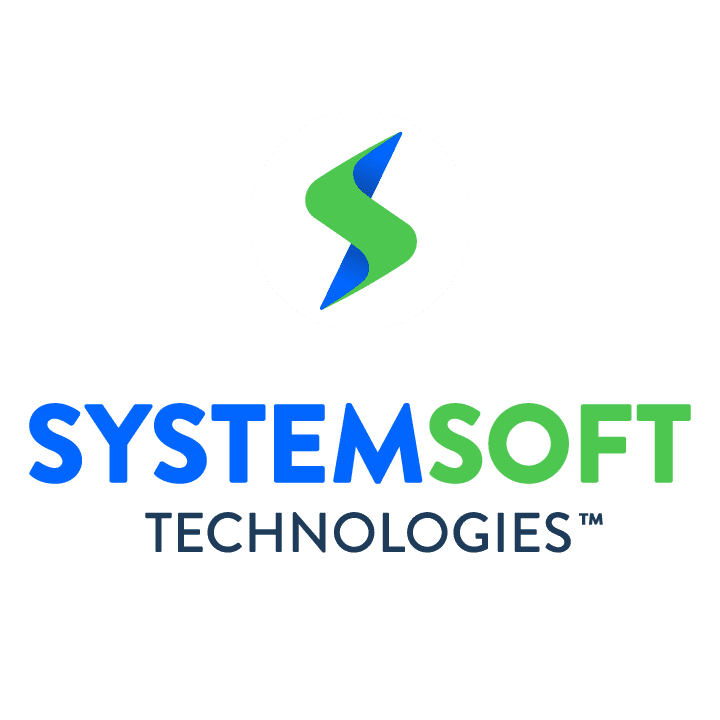The healthcare industry is continually evolving, with new regulations and rules emerging all the time. As a result, Healthcare Payers are facing mounting pressures to adapt and stay compliant. The recent implementation of the CMS Interoperability and Patient Access rule has only added to the challenges they face.
Meanwhile, cost pressures continue to intensify. Estimates suggest that 25 to 33% of expenditures in healthcare involve administrative activities, most of which involve neither direct Patient care nor Provider/Patient reimbursements. More productivity and patient-centric care are still elusive goals for many.
However, despite these obstacles, I have seen firsthand how Healthcare Payers can succeed in this environment. Drawing on my experience in the industry, I’ll share personal insights into how we have helped other Healthcare Payers streamline processes, ensure privacy and security, provide cost transparency, and remain compliant with the latest regulations. It may not sound fancy or cool but deploying the “right” technology solutions that leverage robotic process automation, integration platforms, and data analytics tools (e.g., artificial intelligence and/or machine learning) delivered with an engaging user experience is the right “medicine” for many Payers.
So, let’s dive in and explore how Healthcare Payers can thrive in the face of these challenges.
Prior Authorization: Streamlining Processes and Reducing Burden
One of the major challenges facing Healthcare Payers today is the prior authorization process. The process can be time-consuming and complex, causing delays in Patient care.
According to a recent survey by the American Medical Association, 86% of physicians report that prior authorization delays have a negative impact on Patient outcomes.
To address this issue, Payers are turning to automated systems that use machine learning and artificial intelligence to review and approve authorization requests in realtime. This approach not only reduces the administrative burden on Providers but also improves patient care by reducing delays in treatment. Let’s not forget the importance of delivering authorization status and decisions to affected stakeholders into the digital channels of choice and convenience, which is critical to patient-centered care.
Data Interoperability: Ensuring Privacy and Security
Another key priority for Payers is to ensure that Patient data is accessible to Providers while maintaining privacy and security. Payers can achieve this by using modern data exchange technologies that provide a secure, standardized, and interoperable way to share Patient data. For example, our teams have worked hand in hand with Payers to not only help implement modern data exchange technology centered on FHIR but also to support the complex data mapping efforts required to ensure accuracy and efficiency. Our approach to combining modern technology, rapid implementation methodology AND business acumen is a powerful combination.
The recent COVID-19 pandemic has highlighted the importance of data interoperability in healthcare. With the surge in telehealth services, it’s crucial for Payers to ensure that Patient data is accessible across different platforms and systems. This will help Payers meet the CMS interoperability requirements while protecting Patient privacy and security.
A study by the Office of the National Coordinator for Health Information Technology (ONC) found that healthcare Providers and Payers that invest in interoperability technology can save up to $30 billion annually by reducing administrative costs and improving patient outcomes.

Cost Transparency: Making Prices Easier to Understand
One of the most significant changes in the healthcare industry is the requirement for Healthcare Payers to disclose prices for covered services and make their cost structures more transparent for members. To address this challenge, Payers should provide clear and concise pricing information on their websites and through customer service channels, including digital. Some Payers are also using data analytics to identify trends in healthcare costs and create customized plans that align with their member’s budgets. Once more, our team’s expertise is sought for solutions encompassing robotic process automation, integration, data analytics, and user experience, all supported by a profound understanding of the Payer/Provider care and service landscape
In a recent survey conducted by TransUnion Healthcare, 65% of consumers said that they were more likely to choose a healthcare provider who offered transparent pricing information.
Technology Upgrades: Investing in the Future
Investing in technology upgrades is an important step for Healthcare Payers to ensure compliance with regulatory standards and improve operational efficiency. According to a recent HIMSS survey, over half of healthcare organizations are planning to invest in interoperability and health information exchange technology in the coming year. By collaborating with technology vendors like System Soft, Payers can explore and adopt modern solutions that optimize their IT infrastructure and streamline workflows. By investing in these upgrades, Payers can meet regulatory standards while also cutting costs and improving overall operational efficiency.
With these benefits in mind, investing in technology upgrades is a smart move for Payers looking to improve their operations and stay ahead of the curve in the rapidly evolving healthcare landscape. However, ensuring that the technology upgrades are properly implemented, controlled, deployed, and managed care services that many Payers look to obtain from firms like System Soft that understand the technology and the business aspects that drive care, profit and member service.
Compliance: Building a Culture of Security and Privacy
Finally, Healthcare Payers must ensure that they are following the CMS rules by implementing proper policies and procedures to protect Patient data and ensure that it is accessible and secure. Payers can achieve this by investing in employee training programs that focus on security and privacy best practices. They can also use data analytics to monitor compliance and identify areas of improvement. Cybersecurity threats have been on the rise in recent years, and Healthcare Payers are increasingly investing in cybersecurity measures to protect Patient data. With many in the healthcare industry moving data and workloads to the cloud, there are more attack surfaces to protect than ever. The cost to access, integrate and analyze potential cybersecurity risks continues to climb.

So how can you resolve the challenges?
To navigate these challenges, Healthcare Payers need an experienced partner to assist them in addressing both short-term and long-term challenges while maintaining compliance. System Soft offers specialized solutions on data interoperability, prior authorization, and associated challenges, allowing Healthcare Payers to navigate these obstacles confidently. Our team is equipped to guide Healthcare Payers in navigating these challenges, ensuring that they remain on track toward achieving their goals. For example:
- The Prior Authorization Automation Accelerator (PA3): Supported by a focused team of business and technology experts, the PA3 solution leverages robotic process automation, integration, analytics, and user experience skills to support required APIs, complemented by automated workflow and stakeholder portals.
- FHIR Acceleration Team (FAT): This team is supported by intellectual property and repeatable methodology to design, develop, and implement the required APIs for Payers and Providers in rapid timeframes. The solutions are delivered to align with CMS’s requirements for Patient Access API, Provider Access API, and Payer-to-Payer API. Other aspects of the solution include attestation for third-party application developers, reporting of quarterly use of the Patient Access API by Patients, and robust security features.
- Elysium Data Analytics Platform: is a modern, cloud-scale security data lake with a plug-and-play open data model and pre-built integrations. Furthermore, the platform provides deep analytics to expand automated capabilities to identify high-risk events and manage security workflow.
Conclusion
Healthcare Payers face a range of challenges in today’s healthcare landscape. By working with an IT consulting partner with a powerful combination of technology, business expertise, and repeatable services/solutions, Payers can navigate these challenges and successfully provide high-quality services to their members. If you have any questions or would like to learn more about how we can help you navigate these challenges, please contact us. Schedule a complimentary consultation.
About the Author: Stephen Moritz

Stephen Moritz serves as the Chief Digital Officer at System Soft Technologies. Steve, an avid warrior of fitness and health, champions driving business transformation and growth through the implementation of innovative technology. He often shares his knowledge about Digital Marketing, Robotic Process Automation, Predictive Analytics, Machine Learning, and Cloud-based Services.

